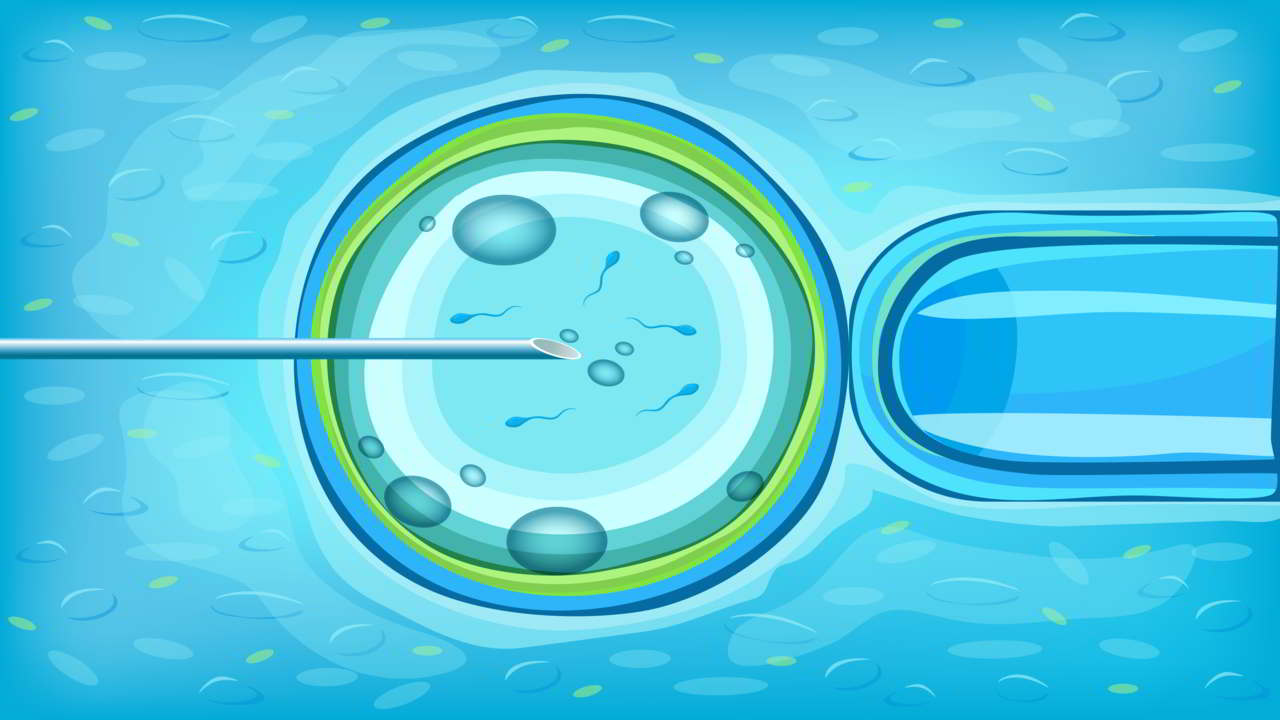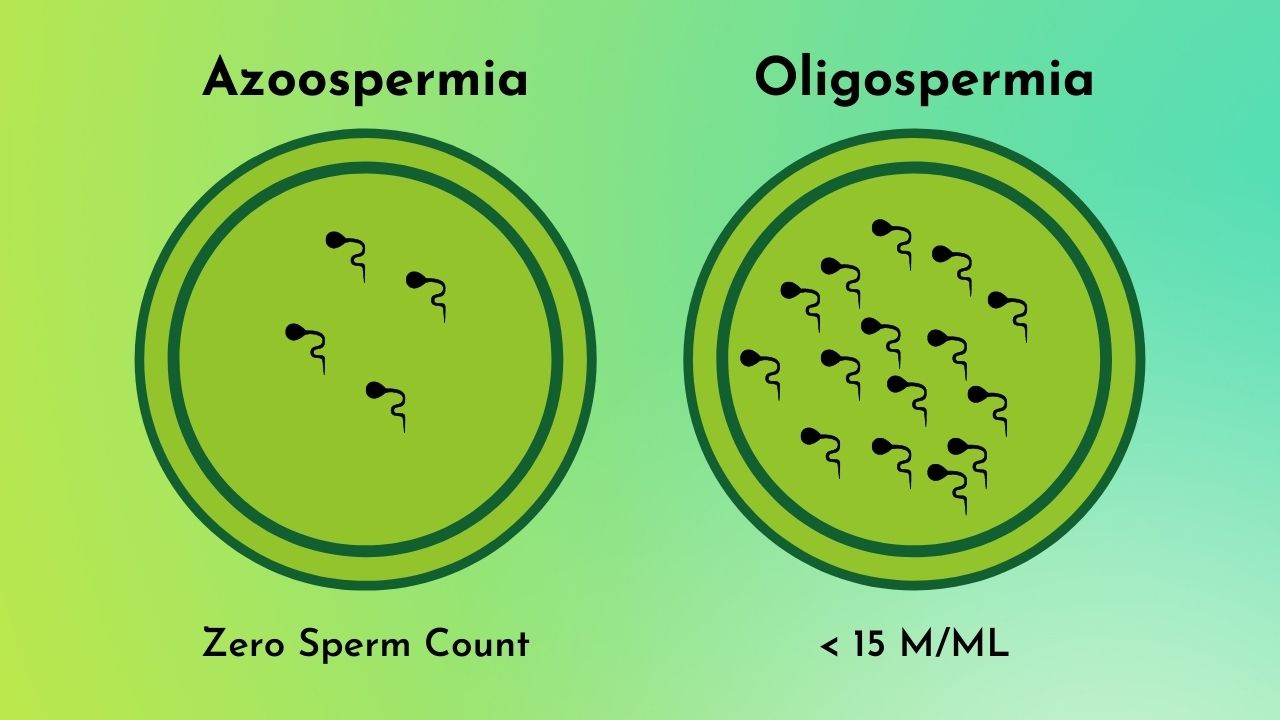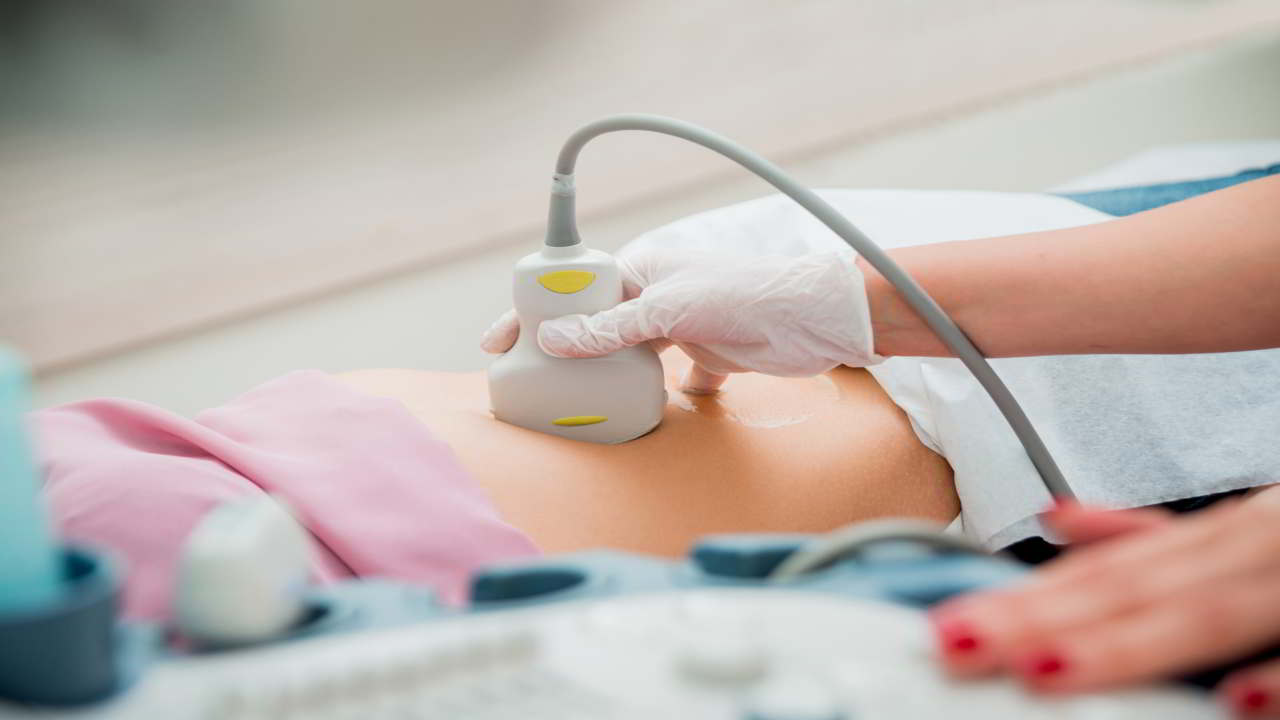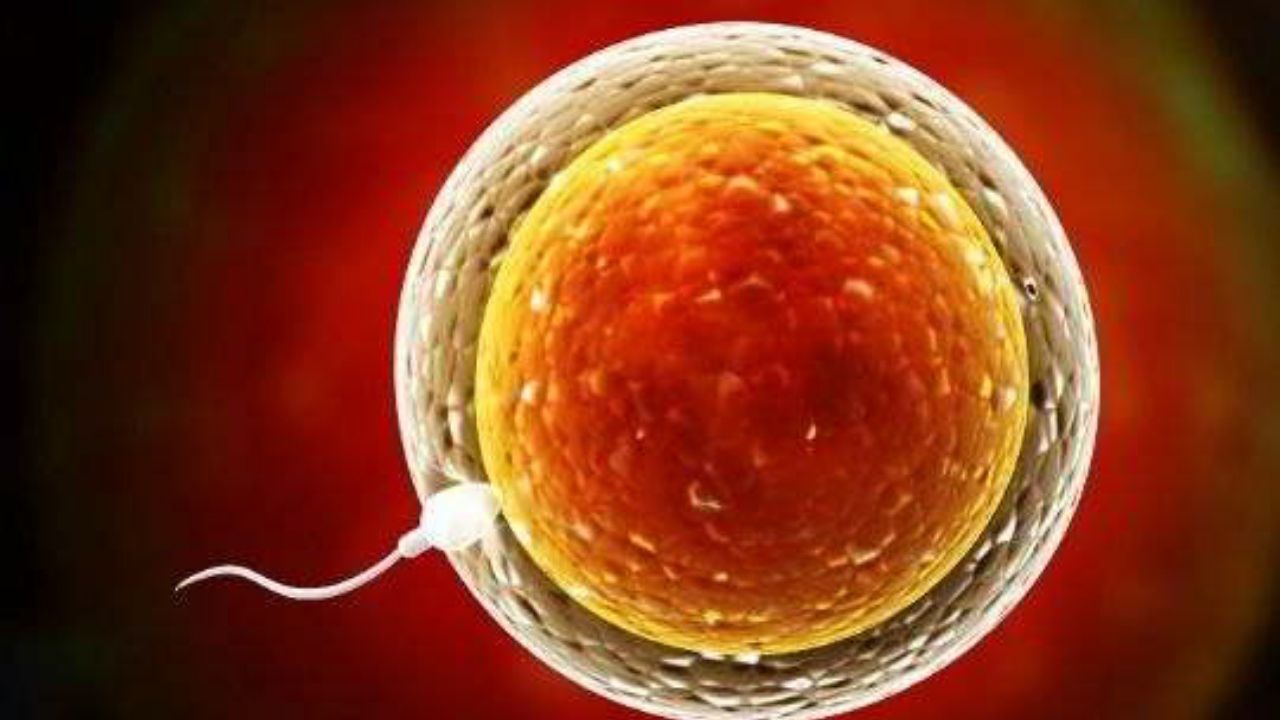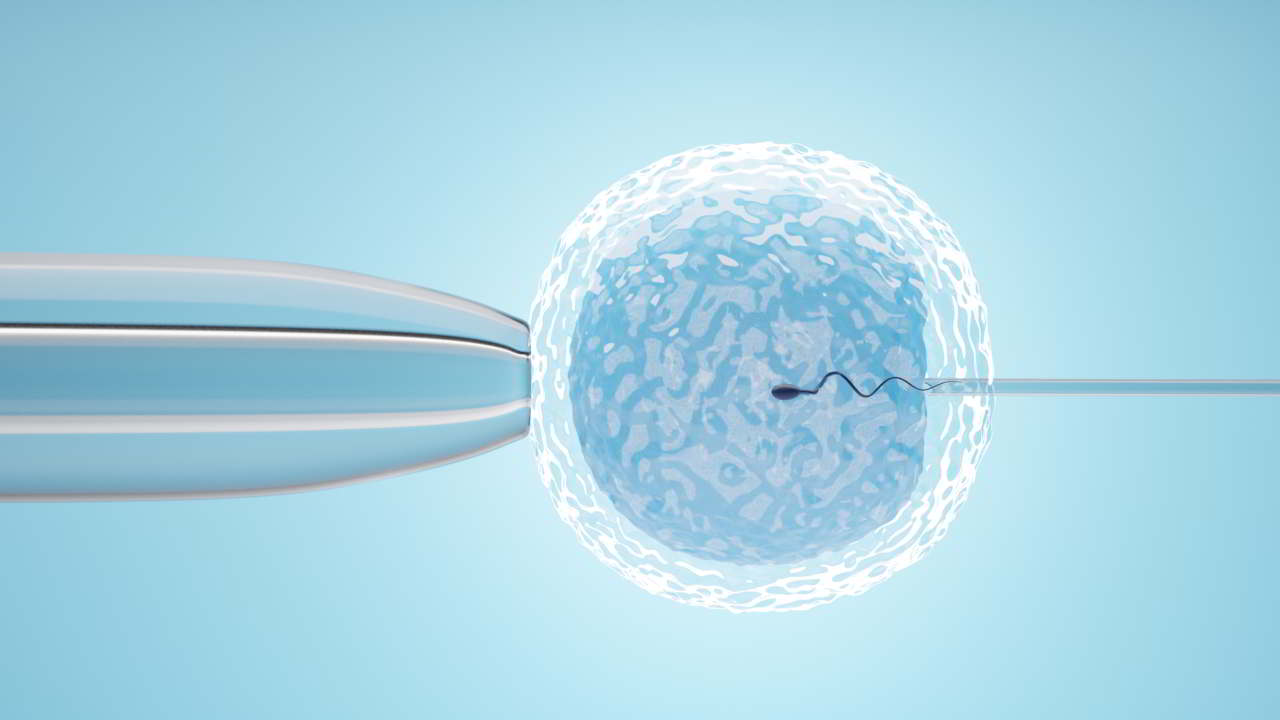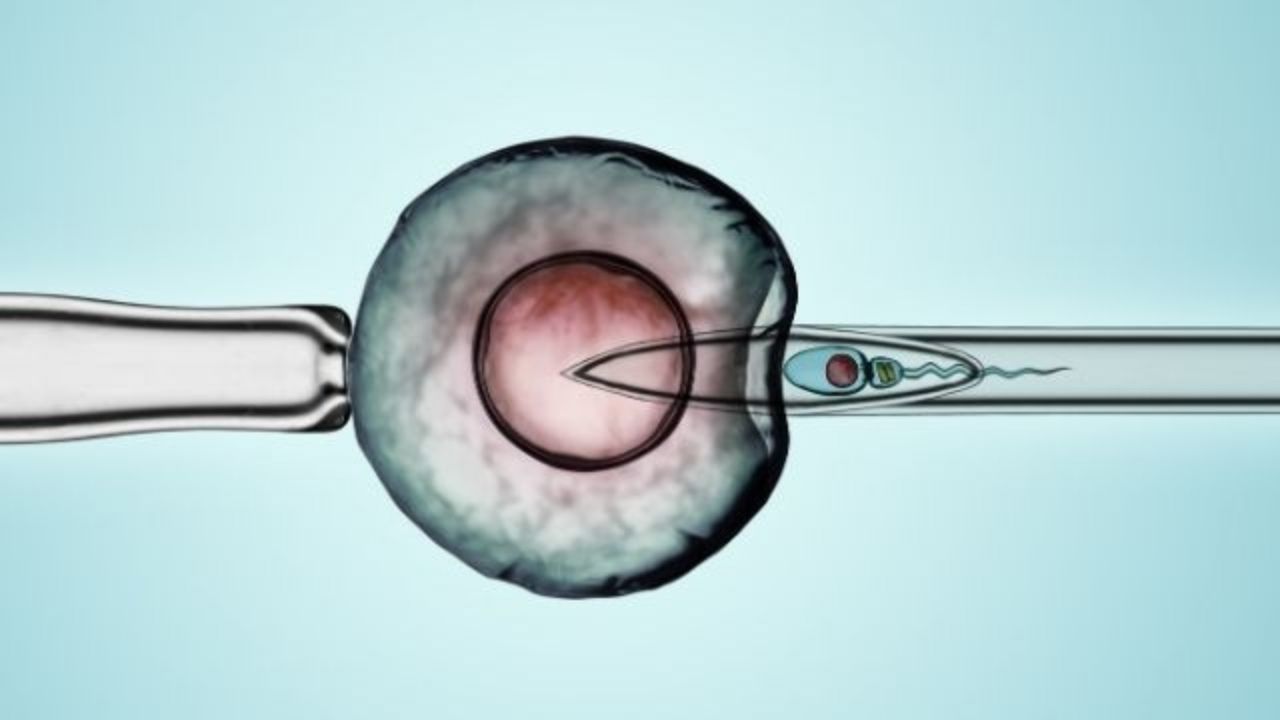As a pediatrician at ONP Hospitals, I’ve witnessed countless stories of resilience and recovery, but one case stands out—little Anaya’s story. Anaya, a spirited four-year-old, came to us after a severe finger injury that happened while she was playing in the backyard....
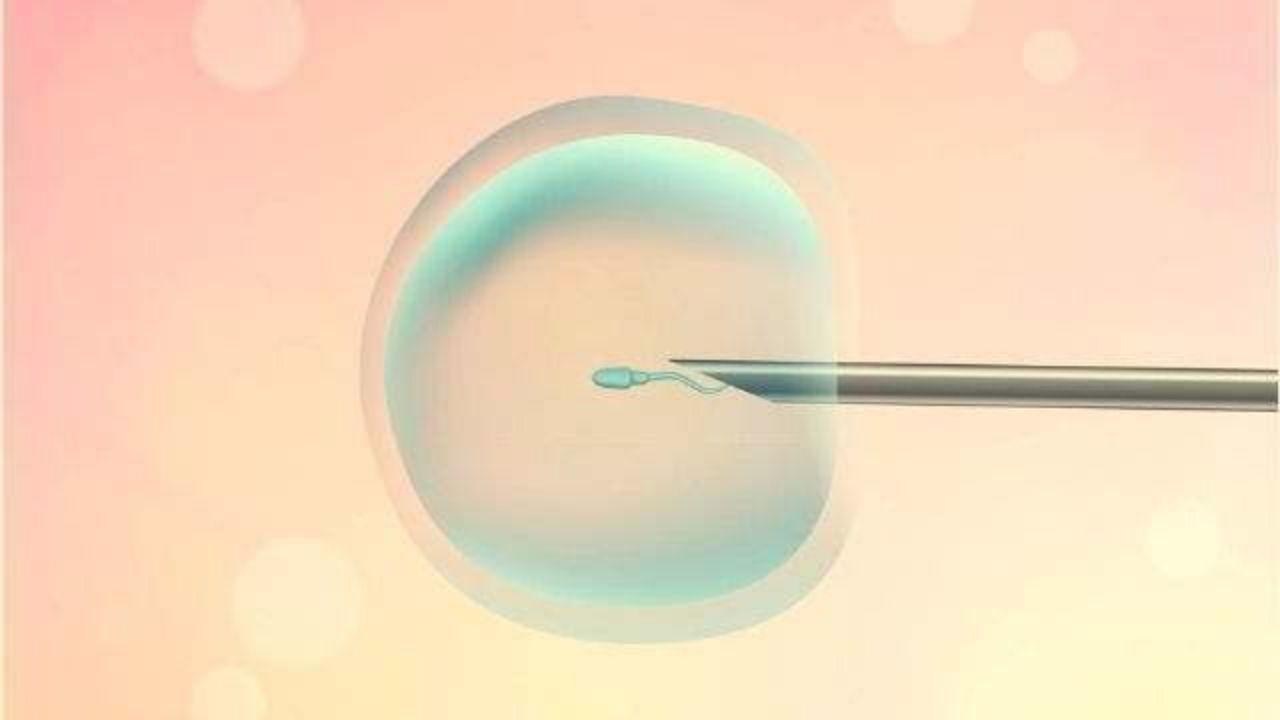
Overview
Before a male’s sperm can fertilize a woman’s egg, it must first attach itself to the outside of the egg’s shell. Once this is accomplished, fertilization may take place. In as little as one second after being linked, the sperm finds its way through the egg’s outer layer and into the egg’s inside (cytoplasm), where fertilization takes place.
The sperm may be unable to enter the outer layer of the egg at some point for a variety of reasons. It is possible that the egg’s outer layer is too thick or difficult to penetrate, or that the sperm is unable to swim. An intracytoplasmic sperm injection (ICSI) may be performed in conjunction with in vitro fertilization (IVF) to aid in the fertilization of the egg in certain situations. A single sperm is used in ICSI, and it is injected directly into the cytoplasm of the egg. It is estimated that ICSI fertilizes 50% to 80% of the eggs.
Everything You Need To Know About ICSI
What is ICSI?
IVF (Intracytoplasmic Fertilization and Sterilization) is a highly sophisticated reproductive method that takes place in an embryology lab during an IVF treatment and involves the injection of one sperm directly into a woman’s egg to produce one fertilized embryo. ICSI IVF is one of two types of fertilization procedures that may be utilized during IVF, the other being Conventional IVF Fertilization.
Procedure
An embryologist uses ICSI to choose and use the sperm that seems to be the most compatible match for the egg, which is then directly injected into the egg. Sperm are picked based on their morphology (shape) and passage through the egg (forward movement). The sperm are then extracted from the sperm-drop and placed onto a microtool known as an ICSI needle for further processing.
The embryologist transfers the sperm from the ICSI needle to a media drop holding the eggs after it has been placed in the needle. The embryologist may carefully hold the egg in the correct injection position with the use of a micro tool known as a holding pipette. The holding pipette exerts a little suction on the egg, enabling the embryologist to precisely position the egg for injection.
When the embryologist is ready, he or she will bring the ICSI needle containing the sperm down to the other media drop and align it with the egg. It is necessary to carefully put the ICSI needle into the side of the egg underneath the polar body. When the egg is perforated, it is sucked into the needle and gently mixed with a little quantity of ooplasm before the sperm is inserted into the egg.
The sperm is introduced into the egg after the zona pellucida and oolemma have been perforated. Based on how many eggs were collected during that cycle, embryologists would often mix numerous combinations of egg and sperm to create a single embryo.
Who Needs It?
ICSI may be the best option if male factor infertility is an issue (which is normally detected by a semen study). ICSI is a procedure that efficiently removes male infertility by introducing sperm cells directly into the egg during the fertilization process. Sperm count, motility, and morphology are all important factors in male fertility, and they are all required for sperm to properly encounter and penetrate an egg during a natural conception procedure.
ICSI eliminates the uncertainty of whether a few vigorous, healthy sperm make the risky trek from the man’s epididymis to the vagina, cervix, uterus, and fallopian tubes to finally locate the egg; it ensures that they do. ICSI may also be an excellent alternative to an irreversible vasectomy or for men who are paralyzed due to a spinal cord injury.
It is not just male factor infertility that leads to the decision to use ICSI. In addition to these causes, your reproductive endocrinologist may propose ICSI for the following:
- If prior IVF rounds resulted in a low number of fertilized eggs or none at all
- It is possible to become pregnant with frozen sperm and thawed sperm if the frozen sperm is inactive
- Use frozen eggs only if you are certain you will be able to successfully fertilize them since the process of vitrification may harden the egg’s outer shell
- It is typically suggested to utilize ICSI while doing Preimplantation Genetic Testing (PGT) since the presence of extra sperm near the embryo might affect the findings
- Simply to increase the likelihood of fertilization
Conclusion
ICSI is a delicate procedure that should only be performed by qualified embryologists in a very contemporary and high-tech laboratory environment. One of the benefits of the ICSI procedure is that it only takes one sperm per egg and may be used on patients who are experiencing male infertility. As far as the patients are concerned, ICSI is no different from normal in vitro fertilization.
Sub Services
What Patient has to say about us
People heavily rely on reviews from other patients when choosing a healthcare provider
Our Patients Many many happy returns of the day......... The best doctor in the world My mother was suffering from severe pain in both knees and spine. Dr. Aashish arbat sir has operated today after 15days she is doing every thing thank you Dr aashish arbat sir and team Especially the major support was from Dr Ram sir from admission to dischatge and follow ups and taken care very nicely thanku Dr. Ram sir Our Patients After enduring knee pain for the past decade, my mother sought advice from various doctors in Nagpur, Nashik, and Pune. They all recommended knee replacement surgery, but it was only when we discovered Dr. Aashish Arbat and the option of robotics surgery that we made the decision to proceed. The surgery took place on June 23, 2023, and it turned out to be an incredible experience. To our astonishment, on the morning of June 24, my mother was able to stand on her own legs and even take a few steps. This remarkable progress was made possible due to the advanced assistance of robotics arm and Artificial Intelligence. Dr. Aashish Arbat is an exceptional and highly experienced surgeon, and we are immensely grateful for his expertise. We also extend our appreciation to his colleagues, Dr. Sharma and Dr. Ram, for their excellent skills and compassionate nature. Our heartfelt thanks go out to the entire team for enabling my mother to live a pain-free life Our Patients My mother got her both robotic knee replacement from sir on Oct 2021. The team and sir have made the complete process seamless. Especially my mother was very comfortable post her surgery. Thank you Dr Arbat and team. Our Patients Our Patients Our Patients Hello. My wife has severe arthritis in her body knees since 2017. We communicated many doctors but she was not happy. We visited Dr arbat for same issue and he came up with robotic knee replacement solution which suited her accurately and she is walking 5-6km daily without hesitation and living comfortably. Thanks Dr. Aashish Arbat and his new technology.![]()
Chhaya Kate
![]()
pravin kharat
![]()
T Srivalli
![]()
Mohan Satavekar
![]()
VIVEK PANDEY
![]()
Subhash Bobade
Blogs
Addressing Childhood Obesity: Preventative Measures and Healthy Lifestyle Choices
Childhood obesity is growing concern. More kids are affected every year. Tackling this issue early is crucial. This ensures children grow up healthy and happy. Fortunately, there...
Healthy Sleep Habits for Children: Tips for Parents
Good sleep is essential for children’s health and development. Yet getting kids to sleep can sometimes feel like an uphill battle. Establishing healthy sleep habits early on sets...
The Role of Diet and Nutrition in Managing Encopresis in Children: Insights from Dr. Amita Phadnis
Encopresis, a condition characterized by involuntary soiling in children, can be distressing for both the child and their family. First and foremost, complete treatment of...
Videos
Dr. Amita Phadnis’s Full Speech on Survival & Health Rights at UNICEF India.
Dr. Amita Phadnis ,M.D., Gave a Motivating Speech
Breast cancer is cancer that forms in breast cells. Women are mostly diagnosed with this cancer. Although it can be seen in both men and women
What is AMH
The granulosa cells in your ovarian follicles create the anti-Mullerian hormone, often known as AMH. According to the American College of Obstetricians and Gynecologists (ACOG), the generation of AMH is a reflection of your ovarian reserve.
FAQ’s
Pregnancy and Migraine Headaches: What Women Need to Know
When you are pregnant or breastfeeding, then you should be aware that migraine headaches are a normal part of the journey. Pregnant women might feel headaches owing to...
What Is the Problem of Orthopedics in Children?
While orthopaedic problems are commonly seen in and associated with the elderly, it’s important to be alert regarding the fact that they can afflict young people and children as well.
All You Need to Know About Reproduction
Most science students have to study about reproduction in their high school syllabus, and some learn from their parents, who may discuss it even earlier. It’s a very good thing to know about our own bodies…
Explore All Departments

ONP Prime

ONP Leela

IVF

Oncology

Pediatrics

Urology

Neonatology

Ophthalmology

Orthopedics

Gynaecology

Cardiology

IVF

Oncology

Pediatrics

Urology

Neonatology

Ophthalmology



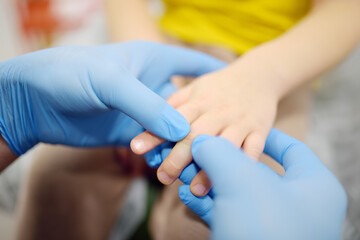

 Home
Home

